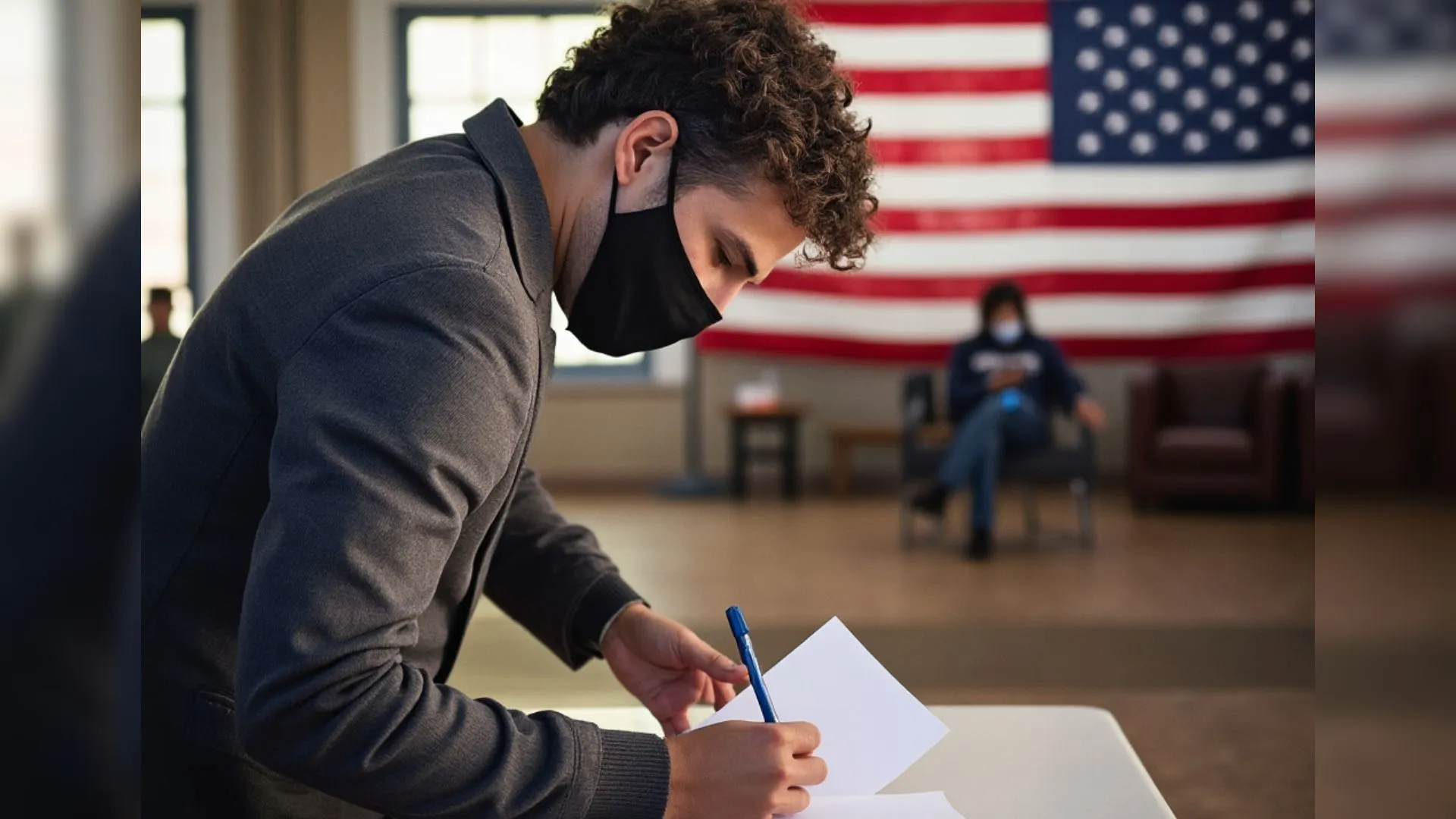As the nation prepares for the highly anticipated presidential election next week, early voting figures indicate that over 51 million Americans have already cast their ballots. According to data released on Tuesday by the University of Florida’s Election Lab, a total of 51,354,949 early votes have been recorded through a combination of in-person and mail-in voting.
The breakdown of early voters reveals that approximately 26.8 million individuals participated in-person at polling stations, while 24.6 million opted for mail-in ballots. Notably, the early voting trend shows a slight Democratic advantage, with more than 800,000 more Democrats than Republicans having voted early—9,892,219 to 9,048,267. Additionally, around 6.1 million voters identified as independent or affiliated with smaller parties also participated in the early voting process.
Key Election Insights
With just seven days remaining until the election on November 5, recent polling indicates a competitive race between Vice President Kamala Harris and her Republican opponent, Donald Trump. The candidates are in a virtual dead heat, particularly within crucial battleground states that are critical for securing the presidency.
Recent survey results from Susquehanna University Polling and Research show Harris leading Trump by 5% in Michigan, with support at 51.7% compared to Trump’s 46.6%. In Arizona, Harris holds a narrow lead of 1% (48% to 47%). Conversely, in neighboring Nevada, Trump is ahead with 48% compared to Harris’s 47%, according to CNN’s polling data.
The Importance Of Battleground States
Battleground states play a vital role in the U.S. electoral process, as the nation does not directly elect its president. Instead, the election outcome is determined by the Electoral College, which consists of 538 electors who cast their votes based on the results in their respective states. To win the presidency, a candidate must secure 270 Electoral College votes.
Electoral votes are allocated to states according to their population size, and most states operate on a winner-take-all system, awarding all their electors to the candidate who wins the popular vote. However, Nebraska and Maine utilize a different approach, distributing their electoral votes proportionally based on their election outcomes.
MUST READ | 10-Storey Hotel Collapses In Argentina: One Confirmed Dead, Several Still Trapped | VIDEO























